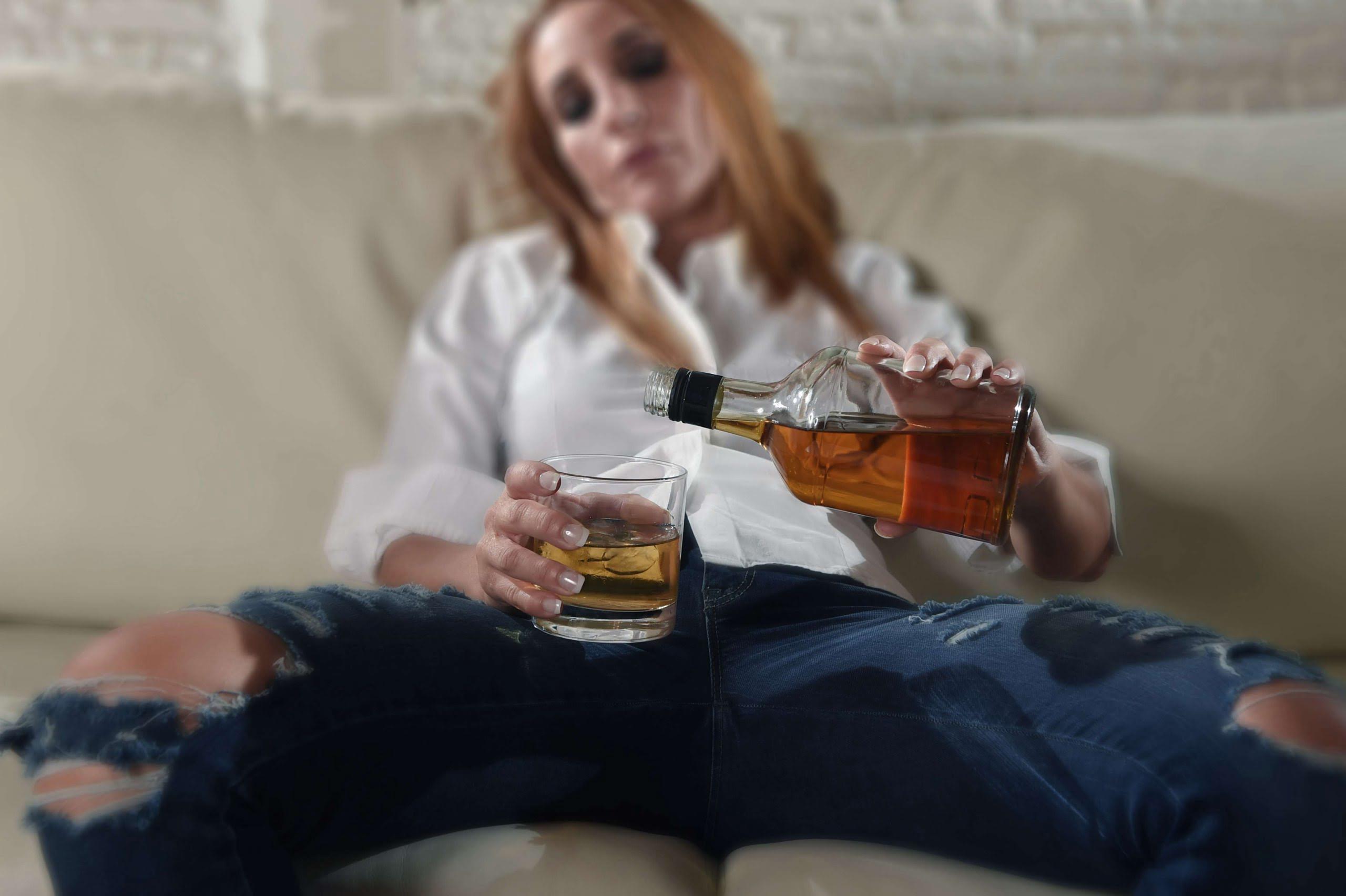Does Alcohol Count as Water Intake? Unraveling the Truth
The rule of thumb is limiting consumption to one alcoholic beverage an hour, with one glass of water also consumed for every finished alcoholic drink. However, even this may not help you avoid a harsh bout of dehydration. Thanks to alcohol’s ability to trip up your pituitary gland, you could lose more water through excessive urination than you would normally. In other words, try to drink as much water as possible, because your normal retention rate isn’t going to be what your body’s used to. In terms of hydration, various alcoholic drinks have distinct characteristics. This higher concentration can lead to increased fluid loss through urination.
Health Benefits of Alcohol Beyond Hydration
Future research, however, might consider matching the beverages in terms of the nutritional composition. A final limitation is that no blood measurements were included, and, therefore, we are not able to provide insights on the mechanism underlying the diuretic effects of alcohol. In a healthy person, the circulating hormones arginine vasopressin and aldosterone largely determine the produced volume of urine 29. Arginine https://www.inceptus.ro/ro/how-do-you-know-if-you-are-having-a-spiritual-2/ vasopressin and aldosterone are regulated by the body’s salt and water balance.
Abbreviations

Ten grams of alcohol is about 12.5 millilitres (but you can call it 10 mL and still be fairly accurate). So each glass of beer, wine, or spirits has about 10 grams of alcohol. So if you drink 200 millilitres of beer, the end result is 200 millilitres of water. While tea tends to have less caffeine than coffee, increased tea consumption can still contribute to the total amount of caffeine a person has each day and yield dehydration. Significantly high levels of caffeine intake may contribute to dehydration by stimulating the body to release more liquid than usual. The night is off to a great start and you’re catching up with friends and family.

Is it possible to be allergic to red wine, and how does that impact hydration?
Ian Landau is a journalist who’s written extensively about health and wellness since 2010. He is also the author of The Hypochondriac’s Handbook (Skyhorse, 2010). BetterHelp offers affordable mental health care via phone, video, or live-chat. Dehydration contributes to hangovers but is just a piece of the puzzle. When its processed by enzymes in the liver, alcohol is converted into a large amount of acetaldehyde. In order to break this substance down and remove it from the body, your liver does most of the work of turning it into acetate.
What to Do If You’re Already Dehydrated from Alcohol
Red wines with higher alcohol content will likely have a greater diuretic effect than those with lower alcohol content. The pituitary gland decides to do this based on signals sent from detectors that read the volume of water in the body, as well as its salt level. When dehydration is detected, a message is relayed and ADH is released. Alcohol convinces the pituitary gland that ADH shouldn’t be introduced into the situation, despite the alcoholic drink itself being made up largely of water. what is alcoholism Alcohol is a diuretic (it promotes water loss through urine), but not all alcoholic drinks will dehydrate you. These products contain electrolytes, potassium, sodium, and chloride – all of which your body loses with higher urine output.
If you have mild dehydration symptoms (e.g., thirst, dry mouth, dark yellow urine, headache), simply drinking an ample amount of plain water will likely sufficiently restore your fluid balance. All types of alcoholic drinks cause dehydration to an extent. However, alcohol’s dehydrating effects will be somewhat reduced in some of the “lighter” alcoholic drinks. One of the most common questions regarding does wine dehydrate you alcohol consumption is whether it can lead to dehydration. Specifically, many people wonder if wine, a beverage enjoyed by millions worldwide, has the potential to dehydrate the body.
Are certain individuals more prone to dehydration caused by wine?
Drink a glass of water alongside your glass of does wine dehydrate you red wine and continue to hydrate with water throughout the day to maintain proper hydration levels. Even though wine contains some amount of water no matter what, wine indeed dehydrates you to a certain extent if you drink it without matching each serving with a glass of water in turn. The temperature of the red wine itself doesn’t directly affect dehydration. However, drinking warmer beverages can sometimes lead to increased sweating, which indirectly contributes to fluid loss. Consuming alcohol in moderation may help reduce the risk of severe dehydration, but it is not a foolproof method.
- Liquor tends to have a much higher alcohol content and significantly less liquid than other alcoholic drinks, which can contribute to dehydration.
- It’s commonly added to energy drinks because it can enhance athletic performance (15).
- These include things like sodium, potassium, calcium, and chlorine.
- A question that has arisen in my mind is the potential for wine to lead to dehydration.
- Consuming food alongside your drink can slow absorption and reduce diuretic effects.
- She developed and reviewed various meal plans, books, slideshows, and online tools, and oversaw the creation of more than 500 unique recipes.
- But you still have just as many salts floating in this reduced volume of water.
- Studies show chronic heavy drinkers experience more significant muscle damage and loss.
- Alcohol dehydration occurs because alcohol causes you to lose too much fluid from your body.
When considering cocktails, the ingredients play a significant role. Mixed drinks that include juices or sodas may offer better hydration due to their water content, but the alcohol can still counteract these benefits. For instance, a cocktail with a high sugar content can lead to a greater diuretic effect, which outweighs any hydration provided by non-alcoholic mixers. When drinking alcohol, especially in hot weather, avoiding dehydration is very important.

Raise a Glass—Or Maybe Don’t: The Sobering Secret About Alcohol and Cancer
Most of it will go out in your urine, and you’ll still end up dehydrated at the end of a night of drinking. Dehydration may also impair blood sugar response in some, such as those with type 2 diabetes. Research from 2017 found that people with diabetes who had 3 days of low water intake had an impaired blood glucose response. A 2020 study notes that dehydration may increase glucagon, a hormone used to maintain glucose or sugar levels in the blood. Experts believe that too much sugar may make dehydration and other symptoms worse.
